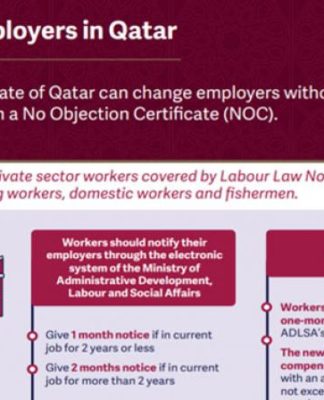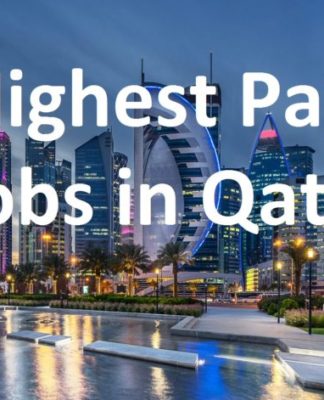UK middle earners ‘struggle’ to make ends meet despite £60k salaries
Skyline of London, UK
By Euronews
Published on 21/02/2024 – 14:48•Updated 15:11
Share this article
Comments
While low earners are certainly “far worse off” than those in the middle, evidence shows many households on median income “continue to face economic struggles”, according to a new report.
UK citizens earning the average or close to the average wage are finding it hard to pay rent, afford food and purchase other essentials, according to a new report, as the country grapples with the cost of living crisis gripping Europe.
A study published by the abrdn Financial Fairness Trust said that people near the middle of the UK’s income distribution (which can range between £29,000 and £65,000 – or €34,000 and €76,000 – depending on the type of household) are facing a range of pressures on their finances.
This is “contributing to a widespread sense of economic malaise that goes well beyond the privations felt by the worst off”.
Specifically, around one in five close-to-middle-income earners say that they’re struggling to afford food and other essentials, while others are “running down savings or running up debt” to cover day-to-day expenses, according to the report entitled “Caught in the Middle”.
Rising costs see UK hospitality industry running out of money
More than 500 companies named for not paying minimum wage
The Financial Fairness Trust said that middle earners may be faced with a choice between providing for the future and having enough disposable income for a decent living standard today.
As an example, it said that a couple with two children needs £2,750 per month after tax and benefits to reach the minimum income standard (MIS) calculated by Loughborough University.
For this family, a single-earner salary of £65,000 a year is needed to produce median monthly income of £3,900 after taxes and benefits.
With a low rent (cheaper than 75% of private rentals) and no further deductions, this leaves the family with £3,439, comfortably above the MIS.
Yet, if the family pays a median rent, is repaying a student loan, pays pension contributions and saves 5% of their income, they are left with only £2,345 a month, £400 short of MIS.
“This illustrates how middle-income families may not have enough income both to invest in their futures and cover current costs needed to pay for material essentials and a modest level of social participation, represented by MIS,” the report said.
Stable employment is no longer the prevailing norm dominating work in the UK.
abrdn Financial Fairness Trust
The situation is made worse by the rate of unstable employment in the UK.
The report said that the uncertain nature of work makes it about 33% likely that someone earning a middle income now would not be in the same position next year.
It said that the insecurity was especially significant for middle-class single parents, with those in employment more likely than not to be in an insecure job.
Work is “insecure” if someone is self-employed or has been working for their current employer for less than two years – or less than three years if working part-time, according to the report.
It also classifies very low-paid jobs as insecure if the pay is less than half the full-time average.
While working-age adults are now more likely to be in work than during the 2010s, they are less likely to be in secure work.
The report says the changes were gradual and reflect a longer-term trend towards higher work participation but lower security: worklessness fell from 20% to 18% over the period, while secure employment also fell by 1.5% and insecure employment rose by 4%.
“This shows that stable employment is no longer the prevailing norm dominating work in the UK,” the Financial Fairness Trust said.
UK inflation remains steady at 4% as food prices fall, beating expectations
‘An epidemic of scams’: UK fraud value doubles and continues to increase
Low savings creates higher cost to mental health for UK workers
The report stressed that low earners are certainly “far worse off” than those in the middle, but added that the evidence shows many households on median income “continue to face economic struggles”.
The trust concludes its study by backing calls for the government to bring in measures to improve “predictability, stability and the right to flexible working”, as well as protections for private tenants to improve their security.
It also calls on the government to provide better help to access childcare and secure employment, while also making sure better earnings aren’t offset by childcare costs.
Finally, it says the UK should bring in greater support for adequate pensions, as “the current 8% combined contribution under auto-enrolment rules is not enough to provide long-term security”.






























